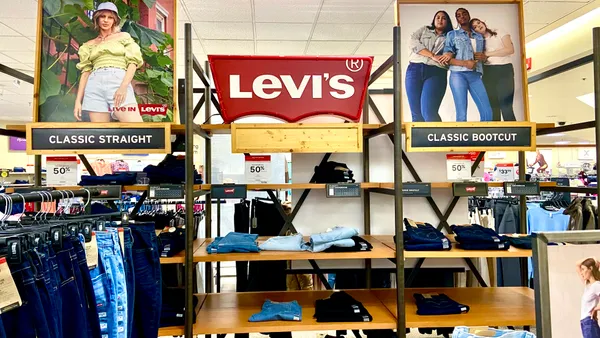Dive Brief:
-
The California Labor Commission June 3 ruled that an Uber driver who filed a complaint is an employee, not a contract worker, and ordered the company to reimburse her for expenses associated with her work there.
-
The commission cited several instances of control that Uber maintains over its drivers — giving them phones and deactivating the app if they don’t operate for 180 days for example — as evidence that the drivers are treated as employees.
-
The decision came to light when Uber filed an appeal Tuesday evening. An Uber spokesperson noted to Retail Dive in an email the limited scope of the ruling:
“Reuters’ original headline was not accurate. The California Labor Commission’s ruling is non-binding and applies to a single driver. Indeed it is contrary to a previous ruling by the same commission, which concluded in 2012 that the driver ‘performed services as an independent contractor, and not as a bona fide employee.’ Five other states have also come to the same conclusion. It’s important to remember that the number one reason drivers choose to use Uber is because they have complete flexibility and control. The majority of them can and do choose to earn their living from multiple sources, including other ride sharing companies.”
Dive Insight:
This ruling, though just one driver's case that is also under appeal, is widely seen as a serious threat to Uber’s basic business strategy as well as others that depend on the so-called demand economy. While Uber has painted it as limited and contrary to other decisions along these lines, states, labor regulatory agencies, and the federal government have often proven themselves keen on ensuring that companies don’t try to escape obligations — to the worker or to the government — like unemployment insurance and taxes by categorizing workers as freelancers rather than employees.
And this is not an unusual decision. Several companies have had to change either their workers’ employment status or the rules under which contract workers operate, in order to meet state and/or federal employment rules. Most notably in recent years was the ruling last year that FedEx re-classify many of its drivers.














